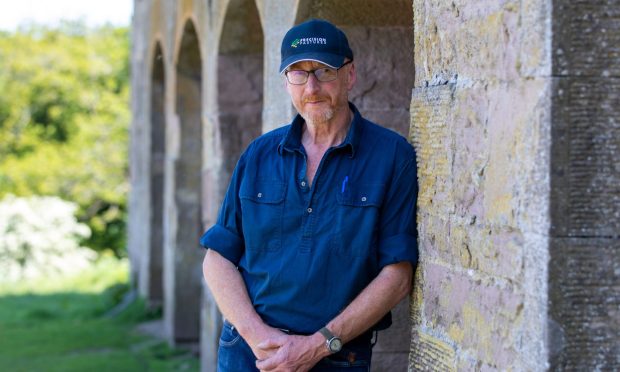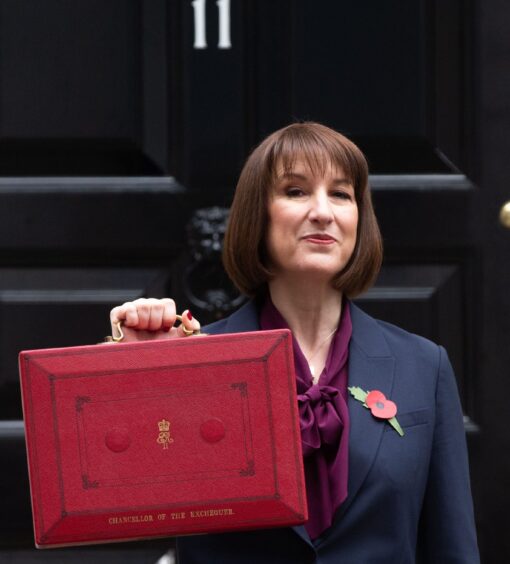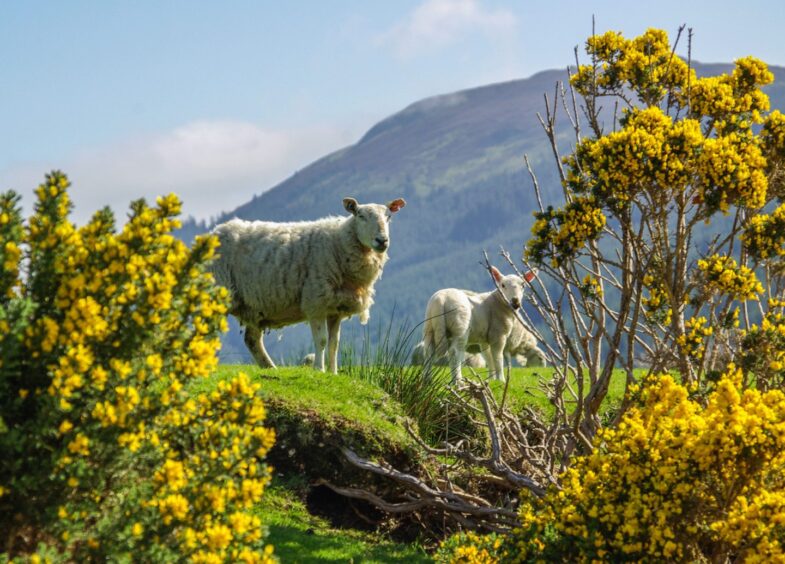There was a fair amount of speculation in farming circles over recent weeks about what was going to come out of the Autumn Budget.
And there were rumours that, for farming in particular, a couple of bombshells potentially lay at the heart of the chancellor’s plans to fill the fiscal black hole.
Despite the best efforts of many farming bodies to diffuse the threats, sadly, they went off when the Budget was delivered on Wednesday.
Chancellor pushed detonator button
The industry is often prone to predicting doom and gloom which never fully materialises.
But the detonation of major changes to inheritance tax through the diminution of agricultural property relief, alongside a freeze to a farming budget which has been at its current level for almost a decade, despite skyrocketing increases in costs, has sent genuine shockwaves through the industry.
Almost as big a cliche as “nothing is certain but death and taxes” and often heard at farming conferences is the saying “live as if you’ll die tomorrow, farm as if you’ll live forever”.
The underlying idea is that while you should make the most of life, you have to treat your land and farming business with a view to the long term. No matter how attractive they may be, shortcuts and short-term thinking are to be avoided.
Building up fertility and growing not only crops and animals but also a business isn’t something that can be successfully chopped and changed overnight.
Many family farms will now face the very real prospect of being broken up and sold off to pay tax bills.”
A steady hand and an eye on the distant future are the only ways of ensuring success.
Of course, farmers – in common with the rest of humanity – don’t live forever.
Agricultural property relief was introduced many years ago to enable the underlying message to be delivered. It facilitates the passing on of assets of the farm to the next generation, allowing it to continue with long-term work and aims.
By taking much of that tax relief away, many family farms will now face the very real prospect of being broken up and sold off to pay tax bills which will arise after a death.
Only a few farms worth less than £1m
The changes mean that from April 2026, while the first £1 million of combined business and agricultural assets will continue to be exempt from inheritance tax, all assets over and above that will effectively see inheritance tax applied at a (discounted) rate of 20%.
Due to the high price of land in the UK, there will be few units likely to have a book value of less than the £1m mark, with the average being put at closer to three times that.
Meagre returns from this acreage will never come close to covering the ensuing tax bill.
A farm worth £3m will have a £400,000 inheritance tax bill to pay. And for every additional £1m the farm is worth, a further £200,000 will need to be forked out.
Even those who don’t own their land and who rent their acres on an annual basis will be facing an uncertain future. Tenant farmers will see their landlords look for ways to avoid inheritance tax, an approach that could well see even less land available for rent.
Real farmers are likely to be left bearing the full brunt of having the rug so brutally pulled from under their feet.”
Meanwhile, as the changes don’t come into effect until April 2026, those rich people who can afford fancy accountants and lawyers will be hurriedly looking into means of avoiding the consequences.
Real farmers are likely to be left bearing the full brunt of having the rug so brutally pulled from under their feet.
Fallout ‘could be cataclysmic’
True, the change could lead to a slump in land prices, with the adjustment returning them to values which may be more closely related to a farm’s ability to generate income.
But there’s no escaping the fact the fallout which the industry will face over the next few years could be cataclysmic for many farming family businesses.
Brian Henderson farms a mix of arable and livestock enterprises with his family on their farm in Perthshire.



Conversation